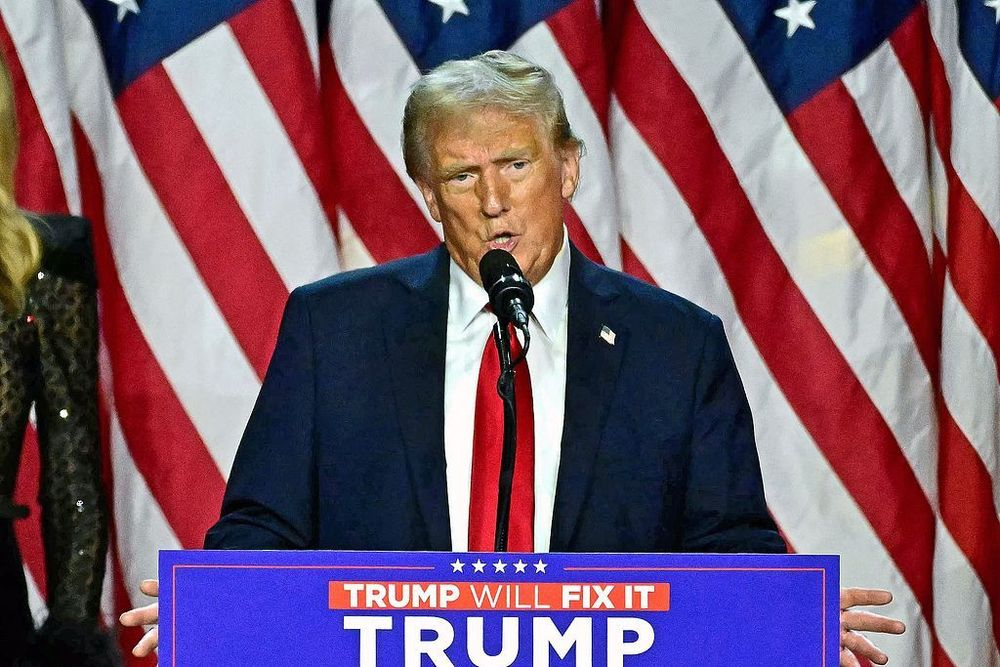
Recently, the US Customs and Border Protection issued a notice that the Trump administration canceled the "minimum" tariff exemption of the United States for small goods "worth less than $800", which is like a boulder into the international economic lake, provoking thousands of waves, and having a significant impact on the cross-border e-commerce industry, especially Chinese cross-border e-commerce sellers.
From a domestic perspective, this policy adjustment exposes deep structural problems in the US manufacturing industry. For a long time, the manufacturing industry in the United States relied on cheap labor, and the lack of impetus in technological innovation and production efficiency improvement, resulting in the stagnation of the manufacturing level. Traditional manufacturing industries such as textiles, toys and home appliances, as well as local e-commerce and retailers in the United States, regard low-priced goods from China and other low-cost countries as the main competitive pressure, and attempt to reduce the market share of foreign products by raising the tariff cost of imported goods to protect local production. But they ignore the interests of American consumers and small businesses. Once tariffs are imposed, consumers will face higher prices and increased household expenses, especially for those with heavier financial burdens, and the pressure of life will be further aggravated. Small and medium-sized enterprises that rely on low-priced imported goods or raw materials, do not raise prices, their profit margins will be compressed, and the price increase will affect market competitiveness, and they may even need to rebuild the supply chain, and the cost will rise sharply. Under the current background of high inflation in the United States and delayed interest rate cuts by the Federal Reserve, this policy is undoubtedly worse and aggravates the tear in American society.
Behind this move by the United States, it seems to be to protect local industries, but it is actually a short-sighted trade protectionism. From an international standpoint, the United States plays an important role in the global economic system, and every move of its trade policy has a profound impact on the global economic pattern. All along, the United States has advocated free trade, but in actual action, it has frequently brandished the big stick of tariffs, and arbitrarily undermined international trade rules under the pretext of "protecting its own interests". The cancellation of the small commodity tariff exemption not only disrupted the normal development order of the cross-border e-commerce industry, but also violated the principle of fair competition in the market economy.
As an emerging international trade model, cross-border e-commerce has developed rapidly in recent years, providing global consumers with a rich variety of commodity choices, and also providing opportunities for small and medium-sized enterprises to expand the international market. This policy adjustment in the United States has made the cost of many cross-border e-commerce sellers who rely on the policy explode, directly weakening the competitiveness of China's cross-border e-commerce products, raising the cost of products, reducing the delivery time, and then affecting the overall volume of cross-border e-commerce direct delivery of small parcels. This not only hurts the interests of Chinese sellers, but also makes American consumers lose the high-quality and inexpensive goods that they could have enjoyed, which is typical of hurting others and not benefiting themselves.
This kind of trade protectionism by the United States is not new. In the past, the Trump administration has invoked "Section 301" to impose punitive tariffs on Chinese imports in the name of "national security." After Biden took office, he largely kept that policy in place, and now Trump is again adjusting tariffs, perpetuating this misguided approach to trade. The capricious behavior of the United States on trade issues has seriously damaged the trust environment in the international market and filled global trading partners with concerns and uncertainties about the trade policies of the United States.
In today's globalized world, the economies of all countries are closely linked, and any attempt to maximize their own interests through trade protection will not work. If the United States really wants to enhance the competitiveness of local industries, it should start by promoting technological transformation and industrial upgrading, rather than blindly restricting imports through tariffs. At the same time, as a global economic power, the United States should shoulder the responsibility of maintaining the global trade order, rather than relying on its own economic strength, wantonly break the rules and bring instability to the global economic development.
The adjustment of the US tariff policy is another manifestation of its trade protectionism, which not only harms the interests of US consumers and small and medium-sized enterprises, but also brings a huge impact to the global cross-border e-commerce industry. We hope that the United States can clearly understand the situation, abandon short-sighted trade protectionism, return to the track of fair, open and cooperative international trade, and jointly promote the healthy and stable development of the global economy.

報告顯示,中國電力投資加速增長,預計2024年電網基建投資將超過5300億元。
近日,市場迎來了一則引人注目的消息:工業巨頭3M公司(MMM.N)在本周五公布了其季度業績報告,隨後股價飆升至近兩年來的
最近,外媒給OpenAI算了筆賬,今年可能要血虧50億美元。
近日,巴黎奧運會和世界鐵人三項協會聯合發布了一項重大決定,宣布因塞納河水質污染問題,原定於近期進行的奧運會鐵人三項首次下
當地時間7月18日,法國巴黎發生了一起令人震驚的持刀襲警事件。
近期,一則重大消息在國際舞臺上引起軒然大波,馬來西亞宣布加入金磚國家。
調查發現,互聯網和智能手機的使用幹擾了韓國近五分之一學生的生活。